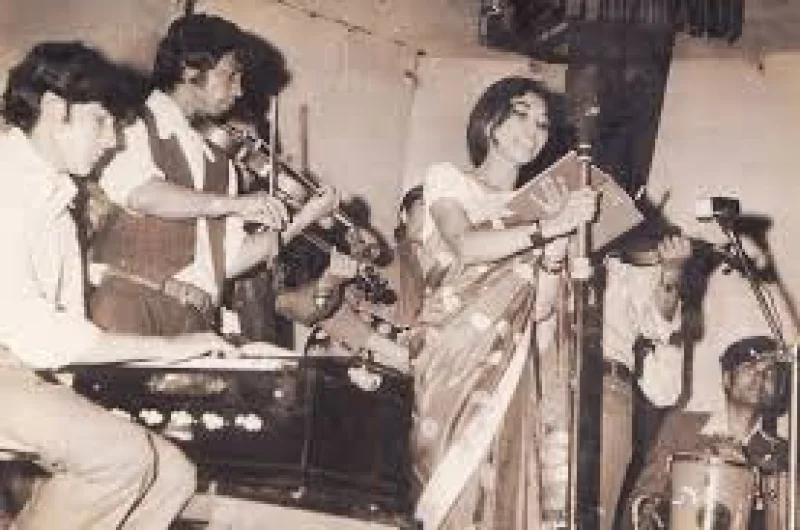Short Summary
Hira Devi Waiba was a renowned Nepali folk singer, celebrated for her significant contribution to preserving and popularizing Nepali folk music. She is often regarded as the pioneer of Nepali folk songs, having recorded numerous tracks that resonate with traditional Nepali culture and themes. Her music became a symbol of national pride and cultural identity. Through her soulful voice and authentic representation of folk tales, she made an indelible mark on the music industry, becoming a beloved figure in Nepal and among Nepali communities worldwide.
Early Life & Education
Born in 1940 in the small town of Ambootia Tea Estate in Kurseong, Darjeeling, Hira Devi Waiba grew up in a culturally rich environment that influenced her musical journey. Her family, being part of the Nepali community in India, was deeply rooted in traditional Nepali customs, which played a pivotal role in shaping her appreciation for folk music. She did not receive formal education in music but was exposed to the vibrant sounds of her community from a young age. This environment nurtured her passion for singing and storytelling through music.
Career Highlights
Her career took off in the 1960s when she began recording songs for Radio Nepal. Her unique voice and authentic representation of Nepali folklore quickly gained popularity. Over the years, she recorded numerous songs that became timeless classics, such as "Chura Ta Hoina Astura" and "Karnali." Her dedication to folk music not only preserved traditional Nepali songs but also brought them to the forefront of the music scene. She performed widely, both in Nepal and internationally, earning acclaim and solidifying her status as a cultural icon.
Major Achievements
- First Nepali artist to record Nepali folk songs for Radio Nepal, bringing folk music to a wider audience.
- Received numerous accolades and awards for her contribution to Nepali music, including the prestigious Sadhana Samman.
Famous Quotes
- "Music is the soul of our culture, and folk songs are its heart."
- "Through my songs, I wish to keep our traditions alive for future generations."
Interesting Facts
- Her family home in Kurseong is a popular cultural site for folk music enthusiasts.
- She was a self-taught musician who learned to sing by listening to the folk tales of her community.
- The lyrics of many of her songs are deeply rooted in the everyday lives and struggles of rural Nepali people.
Legacy / Influence
Hira Devi Waiba's legacy is profound in the realm of Nepali music. She is credited with preserving and promoting traditional Nepali folk songs at a time when modern influences threatened to overshadow them. Her work has inspired many artists to explore and embrace their cultural roots. Her music continues to be a source of inspiration and pride for the Nepali people, serving as a reminder of their cultural heritage.
FAQ
Q: Why is Hira Devi Waiba famous?
A: She is famous for being a pioneer of Nepali folk music and for her contribution to preserving traditional Nepali songs.
Q: What are some of her most famous songs?
A: Some of her most famous songs include "Chura Ta Hoina Astura" and "Karnali."
Q: Did she receive any awards?
A: Yes, she received several awards, including the Sadhana Samman for her contributions to music.











